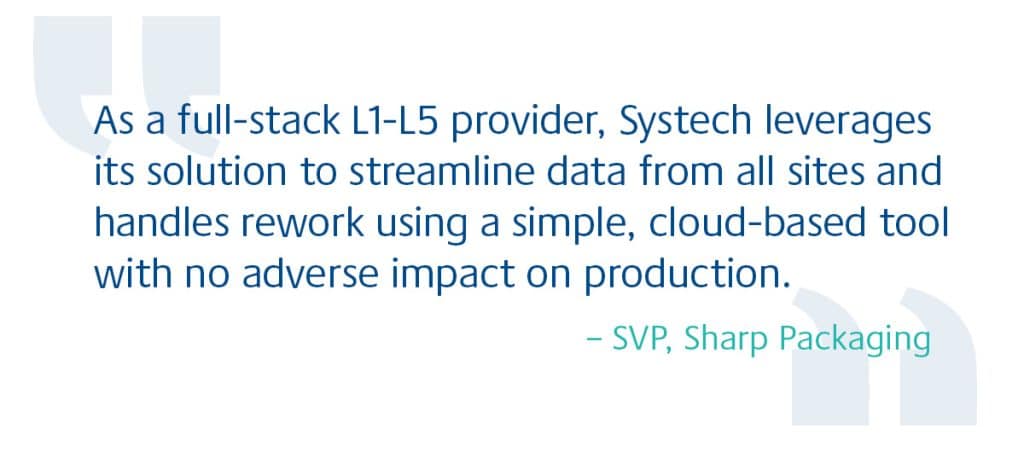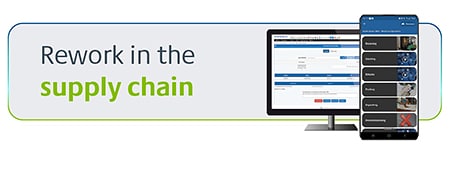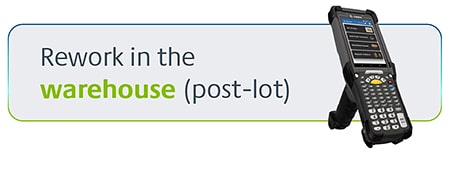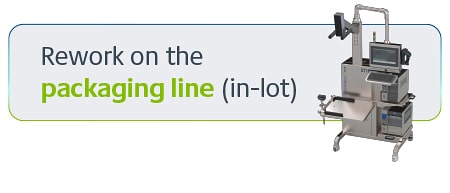Systech Exception Manager ist die funktionsreichste und flexibelste Lösung zur Unterstützung von Pharmaherstellern, CMOs/CPOs und Distributoren bei der Verwaltung von Ausnahmen. Dieses leistungsstarke Tool ermöglicht eine schnelle Implementierung:

Im Gegensatz zu anderen Lösungen bietet der Systech Exception Manager ein End-to-End-Ausnahmeverwaltungssystem, von der Produktionslinie bis zur Cloud, das eine schnelle Reaktion auf Daten- und Produktausnahmen ermöglicht. Nutzung der umfassenden Expertise von Systech über alle Stack-Ebenen (L1-L5)Die Software ermöglicht es Unternehmen, Ausnahmen schnell zu bewältigen, unabhängig davon, ob sie an der Produktionslinie, im Lager oder in der gesamten Lieferkette auftreten.
Der integrierte Dateninspektor reduziert den Zeitaufwand für die Überprüfung und den Abgleich von Daten.
Zentraler Zugriff auf den Status von Dateien und Datenaustausch für eine schnelle Problemlösung.
Automatische Benachrichtigungen an Handelspartner und Regulierungsbehörden.
Mehrere Optionen für Rework-Plattformen (PC, mobil, Cloud, Hardwarestationen) für mehr Effizienz.
Mit 15 Jahren Erfahrung als Rework-Pionier hat Systech konkurrenzlose Lösungen für das Management von Ausnahmen während des gesamten Prozesses entwickelt. Pharmazie-Lieferkette. Systech war das erste Unternehmen, das intuitive Lösungen für die Nacharbeit von Verpackungen und die mobile Nacharbeit in der Lieferkette auf den Markt brachte und Unternehmen die Werkzeuge für die Umsetzung einer zuverlässigen Strategie für das Ausnahmemanagement bot.



Die skalierbaren, äußerst zuverlässigen Lösungen von Systech mindern das Risiko und gewährleisten einen nahtlosen Datenfluss und Produktbewegungen durch Ausnahmemanagement.
Systech ist stolz darauf, diese integrierte Lösung für pharmazeutische Hersteller, CMOs, CDMOs, Umverpacker und Großhändler auf den Markt zu bringen.
Einblicke von Experten in die Feinheiten des Ausnahmemanagements und der Nacharbeit innerhalb der pharmazeutischen Lieferkette...
Durch die Nutzung von Nacharbeitsvorgängen können wir Datenanpassungen vornehmen, um den Fluss von Produkten und entsprechenden Daten in Echtzeit fortzusetzen...